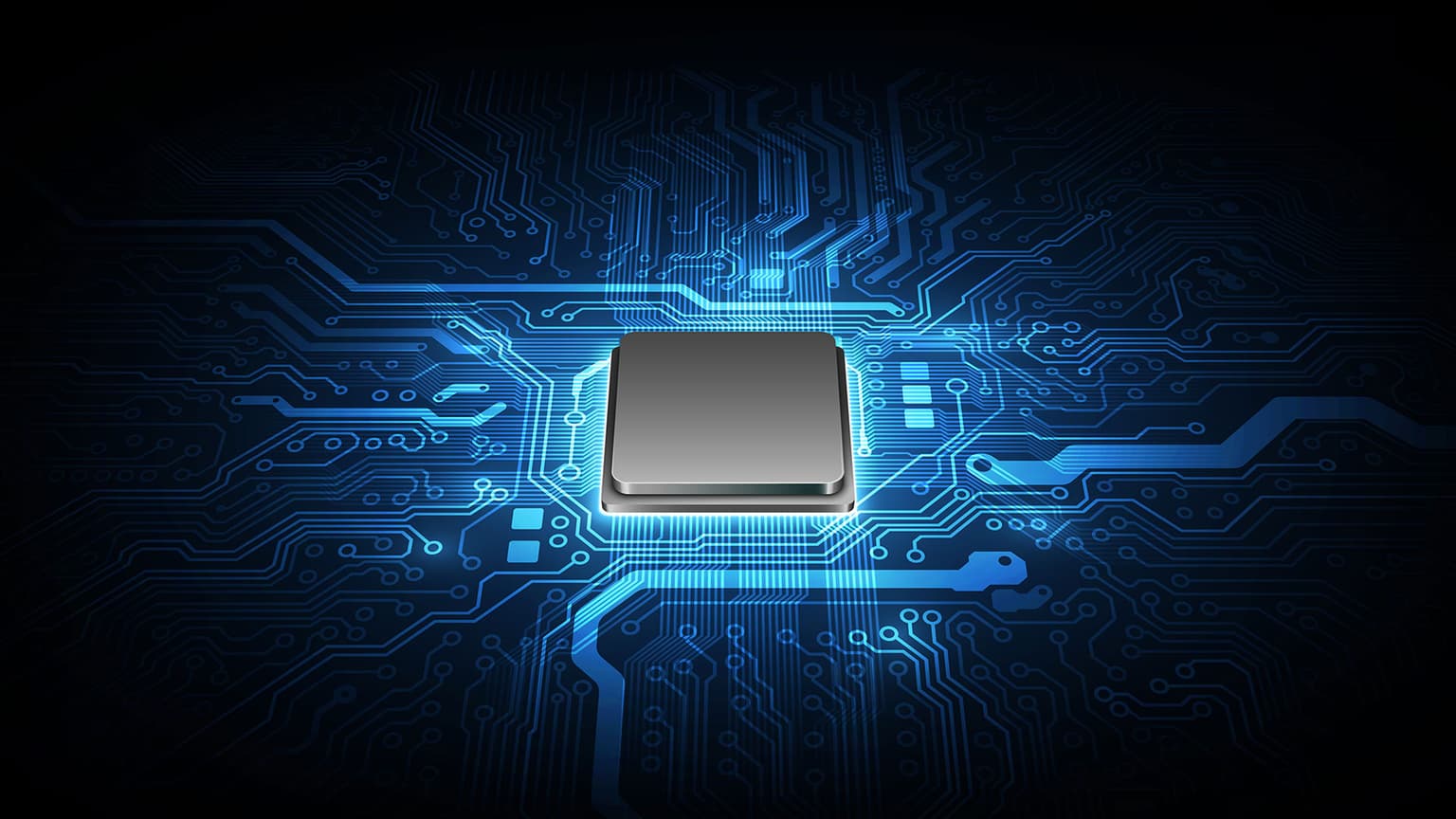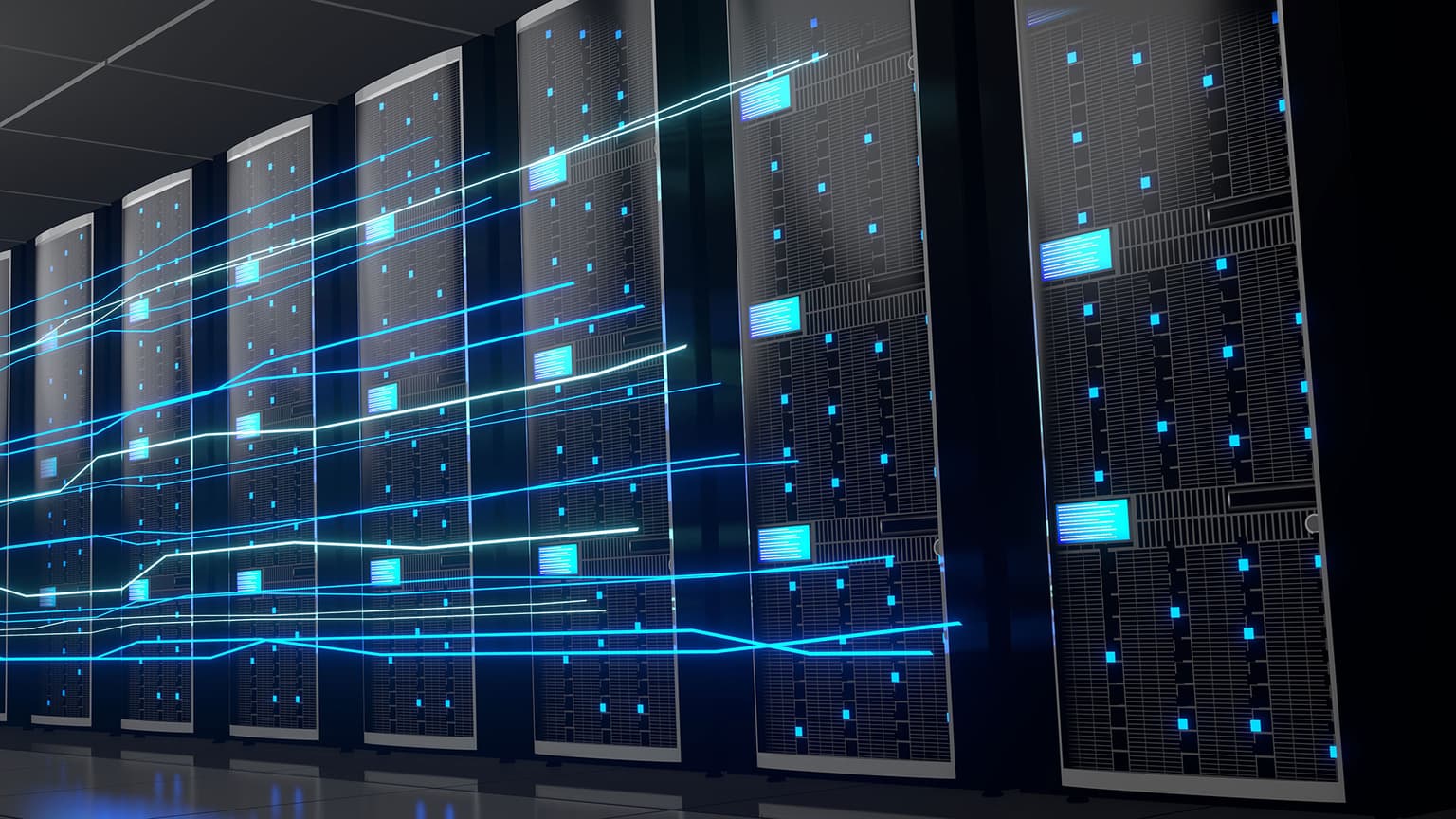Blog/Article
What is a dedicated server: everything you need to know

You might have heard about dedicated servers in various contexts, especially if you're used to online gaming, as they significantly enhance your experience. Still, one might wonder: what is a dedicated server and how does it work?
When we talk about dedicated servers, we’re ultimately referring to high-level cloud computing power dedicated to a single tenant, with no shared resources whatsoever. You can deploy one in seconds right now with Latitude.sh by the way.
Summary
Computing power has become an essential asset for every major cutting-edge technology company, especially when it comes to the most recent innovations taking over the media, like artificial intelligence and web3.
So if your next project requires extensive data processing, complex calculations, or stability to ensure it stays online as long as you need, this article is for you.
Dedicated servers are also known by another name you might be less familiar with, bare metal, which is Latitude.sh’s area of expertise, so you're in the right place to learn all you need to know about it.
Below, we’ll dive deeper into the world of bare metal and by the time you finish this article, you might realize you’ve found the cloud solution you were looking for.
What is a dedicated server
A dedicated server, or dedicated server hosting, is nothing more than having an entire server dedicated to a single tenant, which guarantees that all resources used to run the application are not shared with anyone else.
In other words, you get full access to the server's hardware: CPU, memory, storage, and network bandwidth fully dedicated to your workloads, which would not be possible if you went to providers that rely on virtualized instances.
As was mentioned at the beginning of the article, this is the essence of bare metal: pure, unshared computing power dedicated solely to you.
Now, you might wonder, if dedicated servers are so good, why do so many companies go for virtualized cloud solutions, such as the VMs provided by Amazon (AWS), Google (GCP), or Microsoft (Azure)?
Some of the most common reasons are the lack of awareness of different options and understanding how such options can provide value to them. And the latter is actually quite simple to showcase.
Time for an analogy
Think of using a shared server, or VM, as renting a place in a coworking space. You have your own desk, but you share common areas and resources like the kitchen, meeting rooms, and the internet with other people working around you.
If someone hogs the Wi-Fi or makes a lot of noise, it can disrupt your work. You also have limited control over the space since you’re sharing it with others, and any issues in the building affect everyone.
Now, imagine having your own private office. This is what it's like using a dedicated server. You control everything in your space—how many resources you use, the layout of your office, and the environment you work in.
There’s no one around to slow down your internet or interfere with your productivity. Your private office is yours alone, giving you complete control, privacy, and the freedom to work without any disturbances.
Just as a private office provides the ultimate work environment, a dedicated server offers unmatched control, security, and performance. No one else can impact your business’s critical operations.
So, if someone asks what Bare Metal is, now you know—it’s the private office of the server world.
Most common bare metal use cases

As digital businesses and services continue to evolve, the demand for a secure, stable, and more powerful digital infrastructure becomes inevitable.
We’ve touched on this before, so let’s dive into some specific examples to help you understand the most common Bare Metal use cases:
High-Performance Computing (HPC)
Bare Metal is basically the no-brainer for HPC. Complete access to the server’s CPU, memory, and storage is vital for scientific simulations, data analysis, and large-scale computations.
HPC workloads often involve sensitive data, so having full control over the server ensures strict adherence to security protocols without the risk of interference from other tenants.
Additionally, Bare Metal servers can be clustered to scale HPC tasks efficiently, essential for managing massive datasets and complex computations.
Web 3
Blockchain transactions and consensus mechanisms require fast processing and low latency to maintain network integrity and efficiency.
Bare Metal servers provide a stable environment with minimal delays, crucial for time-sensitive blockchain operations.
Unlike shared environments, Bare Metal servers offer complete isolation, reducing the risk of attacks and ensuring the blockchain network runs securely and without interference.
Machine Learning and Artificial Intelligence
AI has already transformed the world, and this new reality demands significant computing power to boost its efficiency.
As companies increasingly rely on AI to enhance their core business activities, the need to train, fine-tune, and run inferences on large language models only grows.
Dedicated servers are a great solution for this need, as they ensure the ML workload is getting access to the whole memory of the GPUs, which would not be possible in virtualized instances.
Gaming
Gaming servers require low latency to ensure smooth, real-time interactions between players. So what is a dedicated server in gaming? It is just a machine dedicated solely to the game it is running.
Game developers and server administrators have full control over the game server's configurations, which is essential for tailoring the experience as envisioned.
Bare Metal servers, with their dedicated hardware, provide the raw computing power and network performance necessary to minimize lag, offering a seamless gaming experience.
Gaming servers also experience sudden spikes in traffic, which requires a level of stability provided only by bare metal servers.
How powerful is a bare metal server?
Bare Metal servers can appear in a range of options for you to choose from, with some providers even allowing custom servers, in which clients tailor the servers to their specific needs.
So let's take a look into Latitude.sh's portfolio to see how powerful these servers can be:

As you can see, the most recent generation has options including CPUs ranging from 16 cores @ 3 GHz, all the way up to 64 cores @ 3.1 GHz, with the amount of DDR5 memory and ultra-fast NVMe scaling accordingly
The rs4.metal.xlarge is the perfect example of how powerful a bare metal server can be. Running an AMD 9554P CPU with 64 cores at 3.1 GHz, 1.5TB of DDR5 memory, and a NIC with two 100 Gbps ports, it was designed for exceptional parallel processing and handling massive datasets, making it perfect for the most complex workloads and resource-heavy tasks.
Alternatively, you can find options from the previous generations, such as the c2.small.x86, running a single Intel E-2134G CPU, with 32GB of DDR4 memory and a single 1 Gbps NIC, showcasing that even simple and light workloads can also benefit from fully dedicated resources.
These examples highlight all the flexibility and significant power that Bare Metal servers can provide, making them well-suited for a variety of applications, from the lightest to the heaviest ones.
A cost-effective cloud solution
When it comes to Bare Metal, you might assume that all these advantages make it inaccessible for most businesses, but that couldn’t be further from the truth.
Latitude.sh offers dedicated servers at very cost-effective rates when compared to their VM counterparts, with active clients saving as much as 60% of their cloud bill while getting a significant boost in performance.
You can deploy a server in just a few seconds and use it on-demand, so whether it’s a minute, a day, or a month, you are paying only for what you use, on servers starting at just $0.03 per hour.
In the long run, the combination of predictable pricing and consistent performance will significantly decrease your overall infra costs. The fewer surprises you encounter, the better it is for your business.
And speaking of surprises, there's nothing worse than a cloud bill that suddenly skyrockets, which is a very common issue at hyper scalers, especially due to bandwidth costs. At Latitude.sh, you are not charged for ingress and you get 20 TB of free egress per server, each month, with additional features in place to help you save in networking usage, such as discounted rates on the pre-purchase of bandwidth packages and bandwidth pooling across servers deployed at the same site.
The key to a better digital infrastructure

Whether you’re ensuring the integrity of blockchain transactions, delivering a seamless gaming experience, or managing vast datasets for machine learning applications, bare metal servers provide the power and stability you need to excel.
By choosing a dedicated server, you’re investing in a future where your capabilities aren’t hindered by shared resources or unexpected disruptions.
You gain a dedicated environment to address your specific needs, offering predictable costs and supporting your business’s growth with a robust, fast, and reliable infrastructure.
When it comes to meeting the highest demands, bare metal servers are the clear choice. They provide the essential foundation for innovation, security, and uninterrupted operation.
So if you’re ready to elevate your operation and fully harness the power of dedicated hardware, bare metal is the path forward, and Latitude.sh is the best option.
Ready to get started? Create a free account and deploy a server in less than 10 seconds.